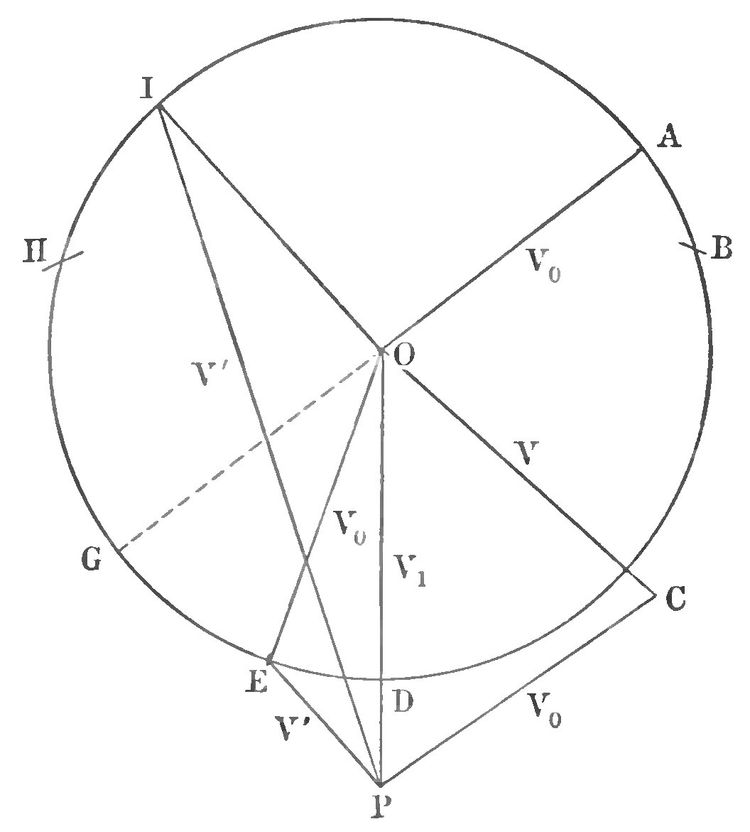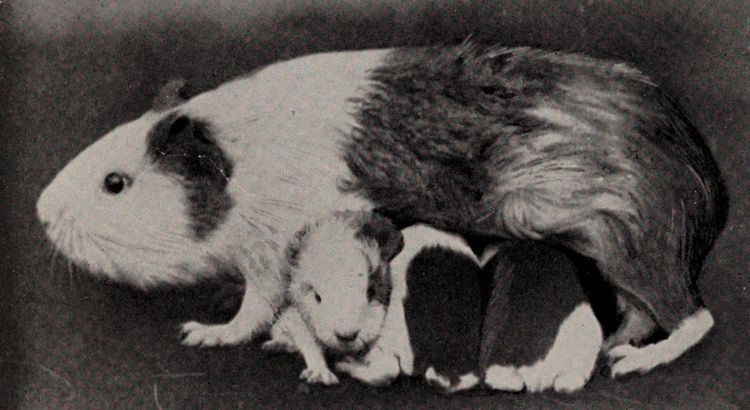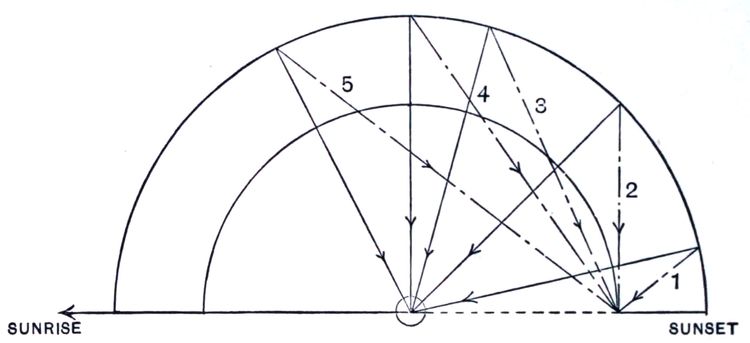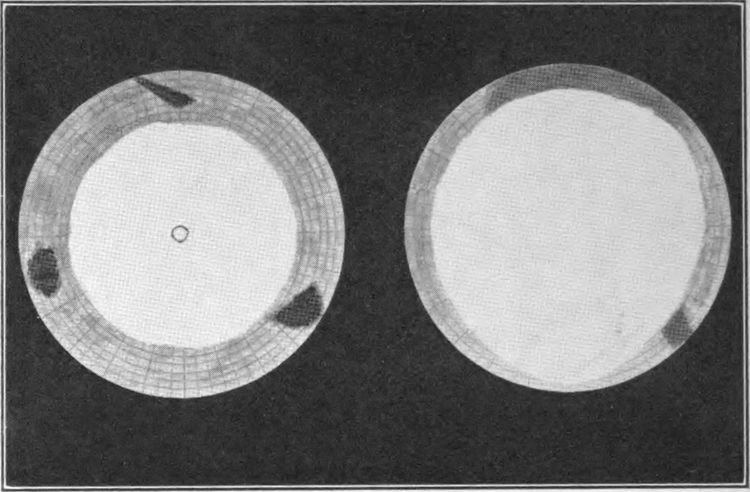Quarterly Review

Dear Adam,
Congratulations on your career break. I'm proud of you for taking the next six months to improve your writing. Every activity, professional or personal, can be improved by becoming a better communicator.
In order to help with that, I re-read everything you have written since beginning this newsletter, three months ago. There are many lessons.
It is time for your quarterly review.
Developing voice.
Good writing starts with yourself. Begin writing with something you believe in, a truth that will surprise others. Mine your own past for moments of resonance. Find your lesson and write it in your own words.
Leafcutter Bees, your most recent essay, was a nightmare to write. But it became better instantly when you made yourself the protagonist, rather than Jean-Henri Casimir Fabre, the father of modern etymology. Centring your own life, which is far less extraordinary than his, was counter-intuitive. But all we know about Fabre are facts. The emotions in that story are yours. All lives are singular.
The easiest way to find your voice is to write about something you are nervous to tell other people. Make yourself vulnerable. It terrified you to write about your mental health experiences and IVF treatment in Organised Magic. But honesty made your writing resonate in new ways and people reached out to share their experiences.
It is important to place people at the heart of your writing, even if you are working on non-fiction. Create characters and then colour them with dialogue. Your four-year-old niece in Ants. Your wife Julia in Wingspan. Your coach in The Career Coach. All these people came alive at the moment you decided to use their own words.
And don't worry about misquoting, or using a little poetic license. These people will forgive you and readers will thank you for it.
Structuring ideas.
Be bold, joyous and provocative with your language. But know that if you do, you'll have to work twice as hard on the structure, for readability arrives through structure.
The more structured your writing, the more risks you can take with the expansiveness of your language. Readers will tolerate an oblique metaphor if they know where they are. Do you think W.G. Sebald could get away with a nine-page sentence if he did not map the territory? Without signposts, you'll lose the reader.
Good structure starts with a throughline.
When there is no thesis, there's no essay, no article, no story. It is clear to me which of your articles are the least successful: Notebooks and Plotters and Pantsers. The common thread?
All lacked a clear throughline.
The Deep End started off as an article called Imposter Thoughts. On your second edit, you realised it wasn't actually about imposter syndrome. Rather, it was about understanding that inexperience is a necessary first step on the route to success. Once you established that as the throughline, everything clicked.
Remember what you have learned from Malcolm Gladwell with regards to throughlines. Gladwell starts with a question, withholds just enough information, and generates suspense. It is a terrific model.
You have been working within a five-act structure to draw people through your essays. This is more evident in more recent pieces, which have clear inciting incidents, progressive complications, crises, climaxes and resolutions. The more structure you apply, the more room for manoeuvre you have for the ideas inside.
The key to building readable writing is this: spend more time planning than you want to. If you are not spending at least 50% of your time noting and outlining before you write a word, your final product will suffer.
A quick word on endings. When endings are hard, it's because there is no throughline. You agonised forever over The Maastricht Skull and nearly missed your deadline. It would not come together. But once you clarified the thesis, it wrote itself.
It is my favourite ending and probably my favourite article.
Understanding feedback.
The articles that require the most effort are not the ones with the most reward.
Consider the Vinyl took nearly twenty hours to write. You wrote 5000 words of notes, completed three drafts of 1200 words each, and then threw most of it away. It is your least popular article and garnered the least response from readers.
That voice inside yourself telling you how hard you worked?
Ignore it.
Ignore page view metrics too. Wingspan and Ants did well on Reddit after you posted them into dedicated subreddits for enthusiasts. The responses were great and hundreds of people visited the website. None of them converted into newsletter subscribers. And why should they? It's not a board game blog, nor a site for myrmecologists. Promotion for the sake of pure numbers is a waste of time.
Instead, listen to your readers. Make yourself approachable.
The Career Coach was unquestionably your most important article. It ordained a new personal essay style that blended historical fact with memoir. Readers sent you incredible emails and messages after you published it. Friends reached out after decades of distance.
That is the feedback you should listen to.
And this letter, of course.
Where to next?
Datatheism started as a place where you intended to write about technology and journalism. When you started, you wanted each newsletter to adhere to three principles. The reader should:
- Learn something new.
- Know you better than they did before.
- Smile at least once.
In 14 weeks, Datatheism has evolved into something completely different from that which you intended. You haven't written a single piece on journalism trends. Instead, you have written articles that have emerged as memoirs and creative non-fiction on wildly different topics.
And yet, you have pursued those three principles with each article.
That is what you should continue to do in the future. The principles will not change, but the form and focus might. Perhaps the name will too.
The pieces people enjoy reading the most are those in which you have the confidence to speak with your own voice. Those are also the pieces you enjoy writing the most.
Further develop your memoir essays and creative historical excursions.
For the next six months, focus on this as your main creative and professional priority. Your goal is to slowly grow this newsletter, using the weekly deadline and your expectant eyes as motivation. You will become a better writer by writing in public.
Best, Adam
P.S. Don’t forget to thank your readers.
P.P.S. Those new glasses really suit you.
Thanks to my Foster editors Jordan Jones, Rhishi Pethe, Dani Trusca, and Rajat Mittal. Thanks to Julia for choosing the glasses. Thanks to Rory for the tea.
If you do not already, please subscribe to my newsletter here. You'll get new creative fiction and essays exploring different themes, every Saturday.




